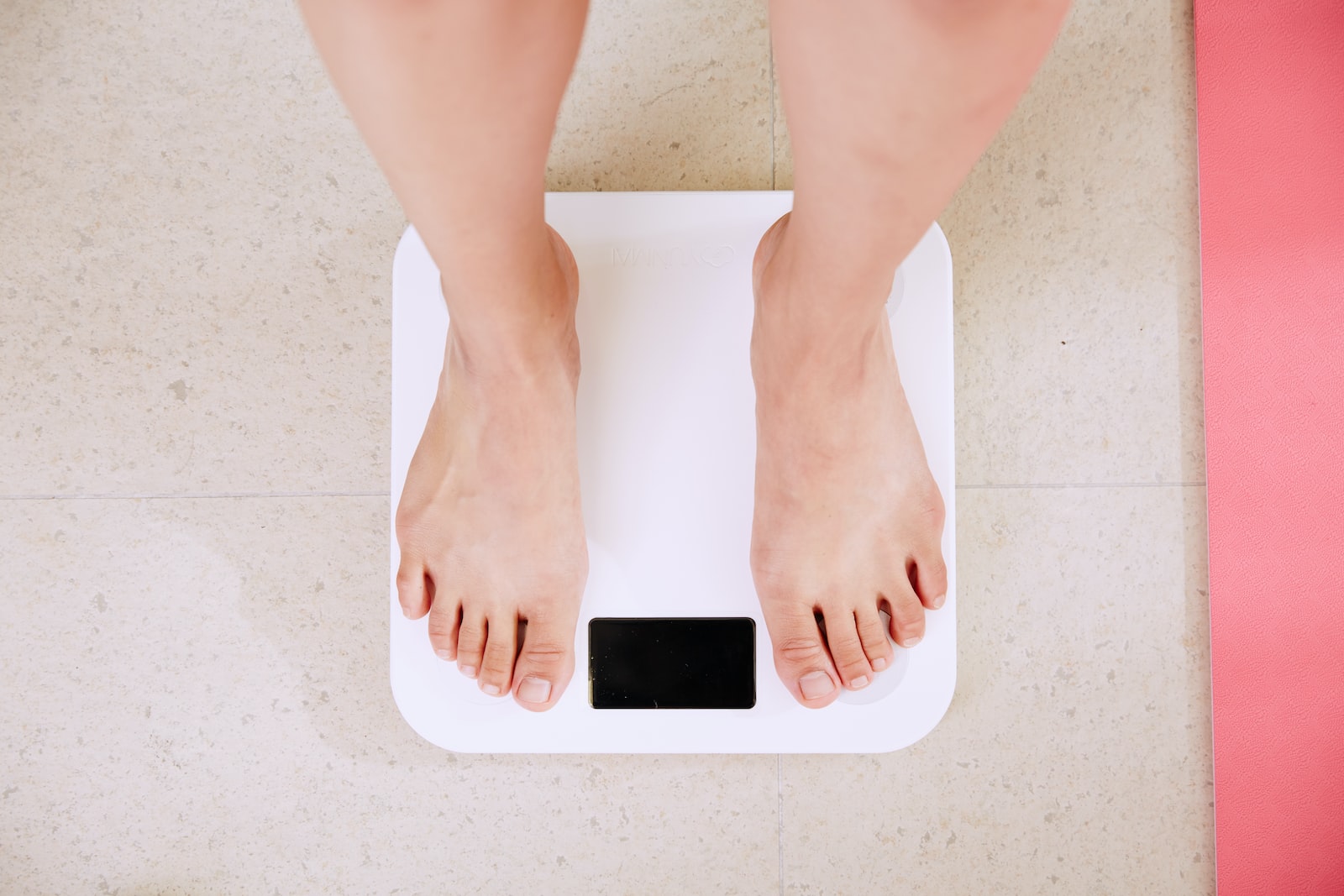This article is exploring the impact that eating carbohydrates has on our health. Although carbs are part of a healthy diet, it is important to understand the role that they play in your diet and how you can better manage.
How can Carbs cause health problems?
It’s no secret that carbohydrates have been getting a bad rap in recent years. Low-carb and ketogenic diets are all the rage, while foods like bread and pasta are being demonized as the enemy of good health. But what is it about carbs that makes them so dangerous?
There are a few different ways that carbohydrates can cause health problems. First, they can lead to weight gain. When you eat carbs, your body breaks them down into sugar, which is then stored as glycogen in your muscles and liver. Once your glycogen stores are full, any excess sugar is converted to fat and stored in your body. This can lead to weight gain and an increase in body fat percentage.
Second, carbs can cause spikes in blood sugar levels. When you eat a high-carb meal, your blood sugar levels will spike and then crash soon after. This can leave you feeling tired, irritable, and craving more sugary foods. Over time, these spikes and crashes can lead to insulin resistance and type 2 diabetes.
Third, carbs can promote inflammation in the body. Inflammation is a natural response to injury or infection, but chronic inflammation can lead to a host of health problems including heart disease.

Carbohydrates and Weight Gain
There’s no question that carbs can lead to weight gain. Just look at the average American diet, which is loaded with carbs from processed foods, sugary drinks, and starchy vegetables. When you eat a lot of carbs, your body converts them into sugar, which is then stored as fat.
Cutting back on carbs is one of the most effective ways to lose weight. Numerous studies have shown that low-carb diets are more effective for weight loss than low-fat diets (1, 2, 3).
What’s more, cutting carbs can help you keep the weight off in the long term. A large review of studies found that people who maintained a low-carb diet for at least a year lost more body fat than those who followed a low-fat diet (4).
If you’re looking to lose weight, cutting back on carbs is a good place to start. Just be sure to replace the carbs with healthy fats and protein-rich foods to make sure you’re getting all the nutrients your body needs.
Benefits of Eliminating Carbs in your Diet
A lot of people think that carbs are the enemy when it comes to dieting and health. But eliminating carbs from your diet can actually have some pretty significant benefits. Here are a few reasons why you might want to consider cutting back on carbs:
- Carbs can cause spikes in blood sugar levels.
If you’re trying to maintain stable blood sugar levels, eliminating carbs can be a helpful strategy. When you eat carbs, your body breaks them down into sugar, which can cause your blood sugar levels to spike. If you eliminate carbs, you’ll avoid those spikes and stabilise your blood sugar levels.
- Carbs can promote weight gain.
If you’re trying to lose weight or prevent weight gain, cutting back on carbs can be helpful. That’s because when you eat carbs, your body turns them into sugar, which is then stored as fat. So if you reduce your intake of carbs, you’ll also reduce your chances of gaining weight.
- Carbs can contribute to inflammation. Inflammation is a major factor in a lot of chronic diseases, including heart disease and arthritis. And some research suggests that high-carb diets may be pro-inflammatory, while low-carb diets can actually help reduce inflammation.
Carbs are not the enemy but I won’t go gluten and sugar free until I actually feel bloated, of which is never!, under the weather or suffer from rage every now and then because of sugar cravings. No thank you for that! They are essential for one thing performance in bed…. (Not kidding) Duly noted I’ll watch out on carbs and try to cut back on those drinks with tons of sugars in it. I don’t mind eschewing sweets on my dinner occasionally. I am bummed about bread since that’s what i enjoy most.

Tips for Reducing the Amount of Carbs You Eat Daily
If you’re like most people, you probably think of carbs as being nothing but bad for your health. But the truth is, carbs can actually be part of a healthy diet – it’s all about listening to your body and eating the right kinds of carbs.
Here are some tips for reducing the amount of carbs you eat each day:
- Cut back on refined carbs like white bread, white rice and pasta. These kinds of carbs are quickly digested and can cause spikes in blood sugar levels. Instead, focus on complex carbs like whole grains, legumes and vegetables.
- Be mindful of portion sizes. It’s easy to overeat when it comes to carbs, so be sure to measure out reasonable portions. A good rule of thumb is to fill up half of your plate with veggies, a quarter with complex carbs and a quarter with protein.
- Make sure you’re getting enough fiber. Fiber helps slow down digestion and can keep you feeling fuller longer. Aim for at least 25 grams of fiber per day from sources like beans, nuts, seeds, vegetables and whole grains.
- Limit sugary foods and drinks. Simple sugars found in sweets and processed foods can make blood sugar spike, which can leave you craving more. Discard the “white foods,” and choose whole grains instead.5. Get in at least two servings of fiber-rich veggies and fruits each day for a total of about 20 to 35 grams of fiber daily — that’s roughly half the usual adult serving size (1 cup). Whole grains are also filled with fiber, and a 1/2-cup serving contains 9 to 10 grams of fiber.
Healthy Ways to Reduce the Amount of Carbs you Consume
If you’re like most people, you probably think of carbohydrates as being nothing more than sugar. However, carbs are actually one of the three macronutrients that your body needs in order to function properly. That said, too many carbs can lead to health problems, such as obesity and diabetes. Here are some healthy ways to reduce the amount of carbs you consume:
- Cut back on processed foods. Processed foods are often high in carbs and low in nutrients. To avoid these unhealthy foods, focus on eating more whole foods, such as fruits, vegetables, and lean protein.
- Avoid simple sugars. Simple sugars are found in things like candy, soda, and baked goods. These types of sugars can cause spikes in blood sugar levels, which can be detrimental to your health. Instead, opt for complex carbs, such as those found in whole grains and legumes.
- Make sure you’re getting enough fiber. Fiber is a type of carbohydrate that helps promote digestive health and keeps you feeling full longer. Good sources of fiber include oats, barley, brown rice, and quinoa.
- Watch your portion sizes. It’s easy to overdo it with carbs when you’re getting a bunch of fiber in the process. Be mindful of how much you’re consuming, and plan ahead accordingly to ensure that you’re meeting your nutritional needs without taking in excess calories.
